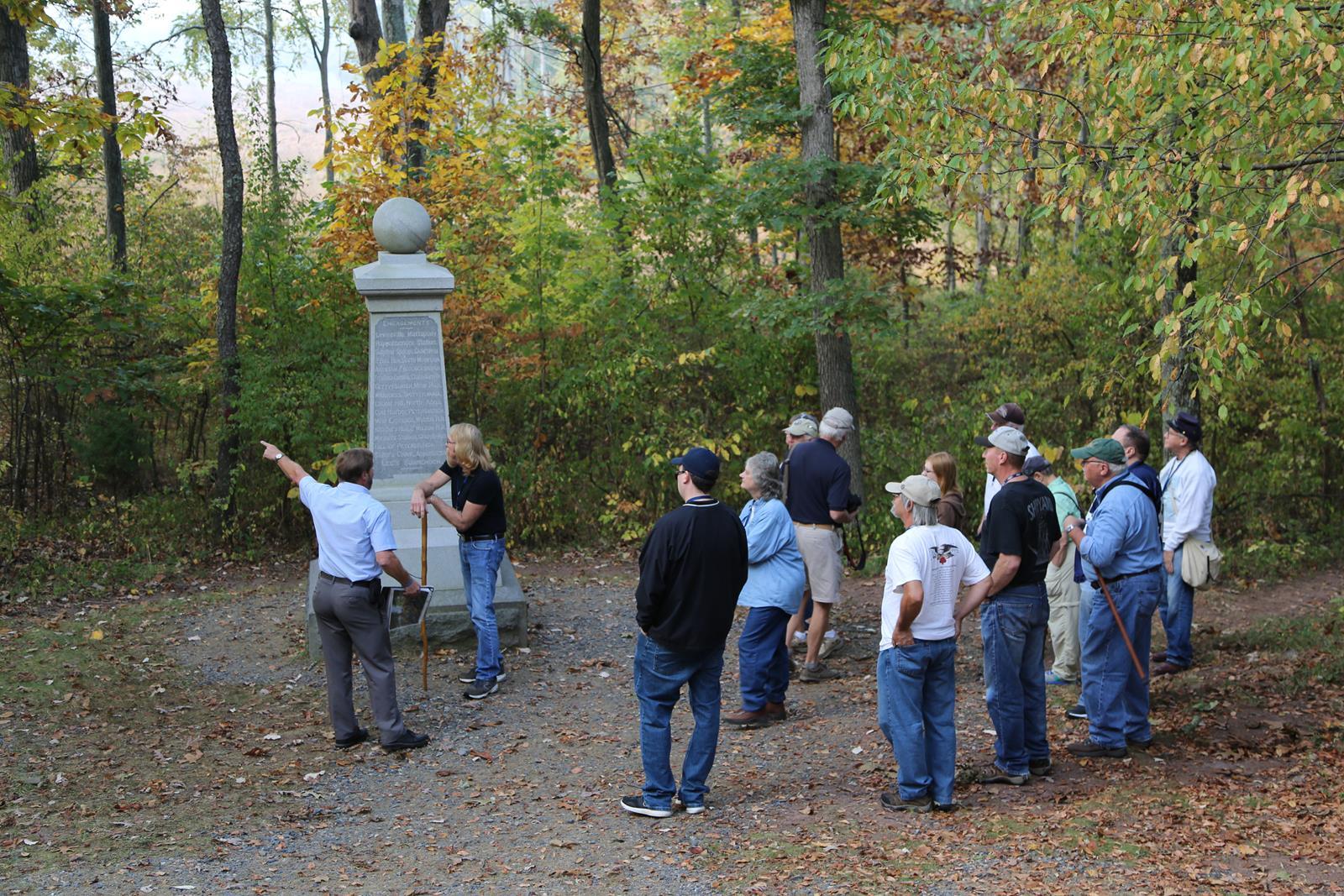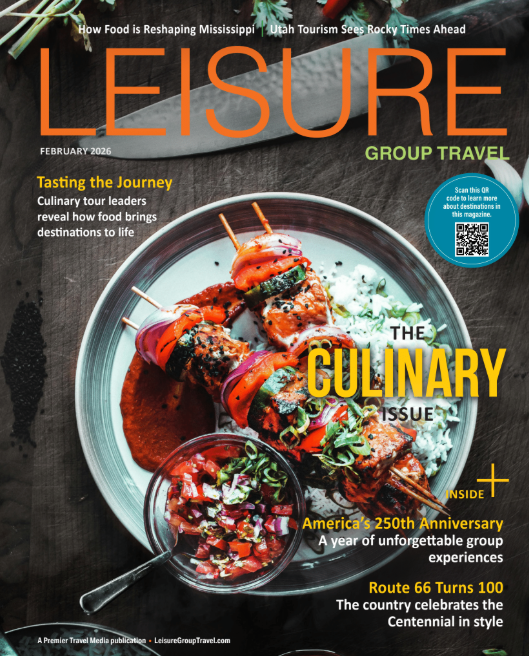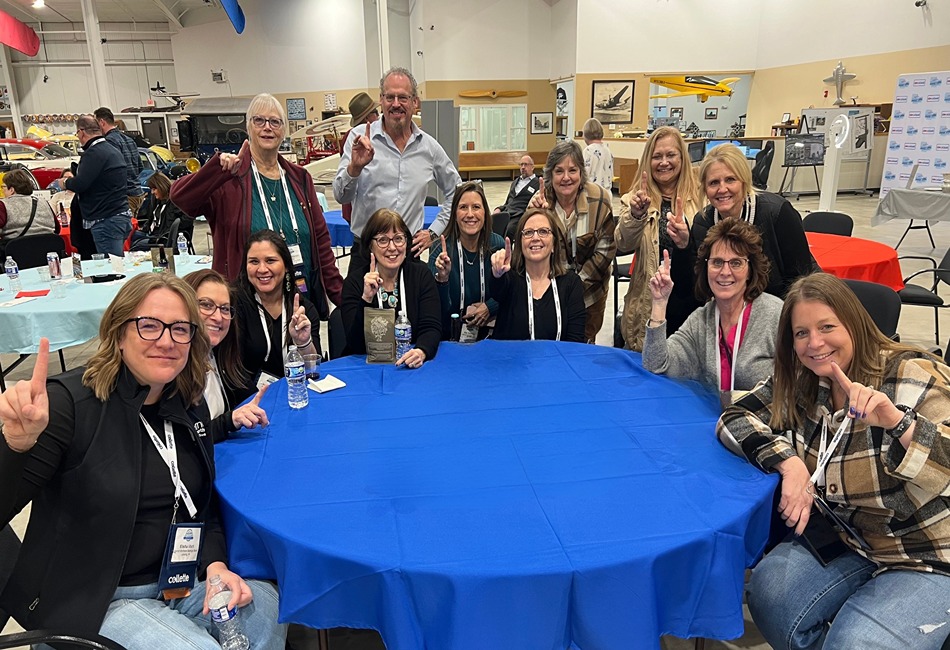Undoubtedly you will be called on to lead one of your tour groups personally. Or perhaps you will need to train someone else to do the job for you. If so, what are some of the tricks of the trade you will want to pass on?
You may be so accustomed to leading group tours that you do not give it a thought anymore; you just jump in and assume a leadership role. Or, if you are new to the position, you may have butterflies in your stomach not actually knowing what is expected of you.
The first time I led a group, it was baptism by fire. I was 23 years old and was sent out with a group of 15- and 16-year-olds on a six-week (!) rail trip across the U.S., then throughout Mexico, and returning up the Eastern Seaboard. I made many mistakes (such as letting one of my teenage tour members drive a truck I rented, never thinking of the legal repercussions that could have followed). Since then I have learned to think legally, not just operationally.
With this in mind, let me pass on a few hints. Tour escorting requires a blend of organizational skills, people management, and destination knowledge. Whether you’re a seasoned tour leader or just stepping into the role, mastering these practical tips will elevate your abilities and ensure a memorable and seamless experience for your travelers.
1. Start the Trip Right
First of all, that first day is all-important. Your participants are a bit nervous and they are judging you, so look, dress and act professionally. I meet them at the airport carrying a clipboard with the name roster, so I can easily identify them by name to see who is there and who is not.
2. Know Your Group: Understanding Your Travelers’ Needs and Preferences
Before the journey begins, gather information about your group’s demographics, interests, and special requirements. Tailoring the itinerary to match their preferences will foster a stronger connection and satisfaction.
Read more: The Right Way to Set Up a Trip Calendar
3. Communication is Key: Effective Pre-Trip Briefings
Conduct pre-trip meetings to share essential details, set expectations, and address any concerns. Clear communication fosters a sense of camaraderie and minimizes confusion during the tour.
4. Embrace Flexibility: Adapting to Changing Circumstances
Despite meticulous planning, unforeseen events can occur. Be prepared to adjust the schedule when necessary, keeping the group informed and engaged throughout any changes.
5. Safety First: Prioritizing Traveler’s Well-being
Safety should be paramount. Familiarize yourself with local emergency procedures, carry a basic first aid kit, and have a communication plan in case of emergencies.
Related: 22 Tour Guide Best Practices
6. Storytelling Enriches the Experience: Sharing Destination Knowledge
Deepen the travel experience by narrating captivating stories about the destinations you visit. Historical anecdotes and local legends can transform a simple tour into an immersive journey.
7. Be a Cultural Liaison: Respecting Local Customs and Etiquette
Research and educate yourself about the local culture, customs, and etiquette. Demonstrating cultural sensitivity will create a positive impression and enhance interactions with locals.
8. Efficient Time Management: Keeping to the Schedule
Punctuality is crucial. Ensure your group has ample time at each location without rushing, so they can savor every moment and experience each attraction fully.
9. Problem-Solving Skills: Handling Challenges Gracefully
From missed connections to unforeseen weather, challenges are inevitable. Stay composed, stay positive, and swiftly find solutions to maintain group morale.
10. Foster Group Bonding: Icebreakers and Team Building
Initiate icebreaker activities and encourage group discussions. This helps travelers get to know each other, fostering a friendly atmosphere and lasting connections.
11. Culinary Exploration: Navigating Dietary Preferences
Food is a vital part of the travel experience. Accommodate dietary restrictions and allergies, and introduce travelers to local cuisines they might not otherwise try.
12. Reflect and Improve: Gathering Post-Trip Feedback
After the tour concludes, ask for feedback from your travelers. Constructive criticism helps you refine your skills and enhance future trips.
Becoming a successful tour leader requires a blend of skills ranging from organization and adaptability to cultural awareness and storytelling. By mastering these essential tips, you’ll not only create unforgettable travel experiences but also foster a sense of community among your travelers. Embark on your next journey equipped with these insights, and watch your trips will flourish.






